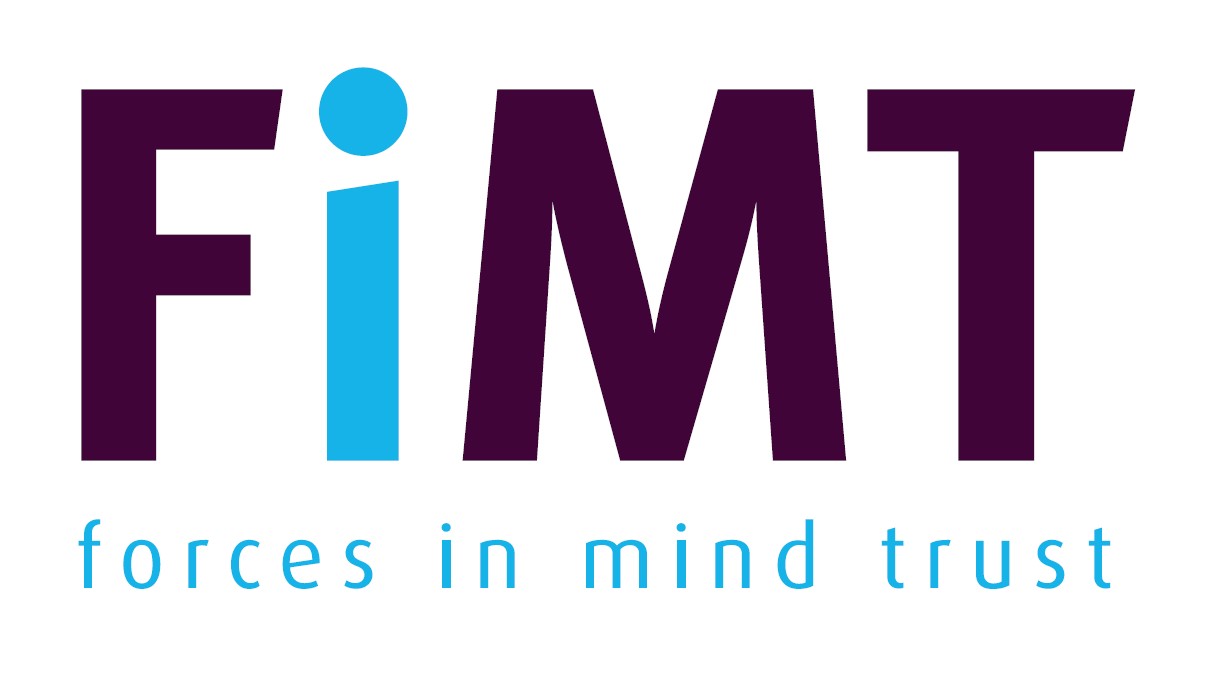Researchers have identified low-cost, easily implemented initiatives which should significantly improve veteran registration in primary healthcare, as set out in a new report. The study, led by the University of Chester’s Westminster Centre for Research in Veterans, saw veteran registration increase by 218% at the 12 GP practices in North West England which took part.
Improving GP registration by veterans is vitally important and subsequent declaration of veteran status ensures that ex-Service personnel can access veteran-specific services that are aimed at addressing service-attributable health problems.
The initiatives included zap stands and posters inside the practices, sending text messages to all registered patients, utilising links with the local community and communications with local care homes. The result was a significant increase in veteran registrations, despite the challenges presented by Covid-19, as the research took place during the pandemic.
The research was conducted by the Centre’s Professor Alan Finnegan and Dr Rebecca Randles, and was funded by Forces in Mind Trust. It sets out a series of recommendations for GP practices across the country, to improve veteran registration and care. These include:
- More consistent coding of medical records with the code ‘Military Veteran’ used across all practices
- Better training of healthcare and administrative staff to gain an understanding of the Armed Forces Community and their needs
- Ensuring text message systems are able to send batch messages with responses automatically coded
- Appointing Veterans Champions within GP practices
- Using internal and external advertising within Primary Healthcare practices and in the community
Katherine Jones is Practice Manager at Health Lane Medical Centre in Chester which took part in the research. She said:
“We were delighted to be involved in this project. Chester is a garrison city and many veterans and their families have made their home here. But we knew very little about that part of their lives. The focus on getting veterans correctly registered was essential, but even more important is that we now have a much better understanding of how we can maximise our support to our veteran patients, and the project has motivated the Armed Forces Community to positively engage. That is having much longer term benefits.”
Tom McBarnet, Chief Executive (Acting) of Forces in Mind Trust, said
“The researchers from the University of Chester have identified effective, low-cost actions which made a huge difference to the number of veterans identified and registered in GP surgeries. That’s a significant step in accessing primary healthcare for the ex-Service community, ensuring that they receive the appropriate care and support. I strongly encourage GP surgeries across the country to read this report and act on these simple recommendations.”
Lead Researcher, Professor Alan Finnegan, said
“Primary Healthcare is the portal to NHS services, and it is essential that patients’ medical records are coded to correctly identify those who have served in the British Armed Forces. Our project showed significant improvements in registration, which was largely due to the commitment, resolution and determination of the healthcare staff. In addition, the study also brought together other organisations who were committed to helping the Armed Forces Community. Given that these improvements were achieved during the largest pandemic in over 100 years, where there were huge difficulties contacting PHC, the results are extremely encouraging.”

















